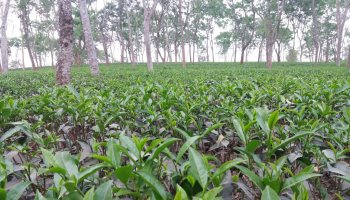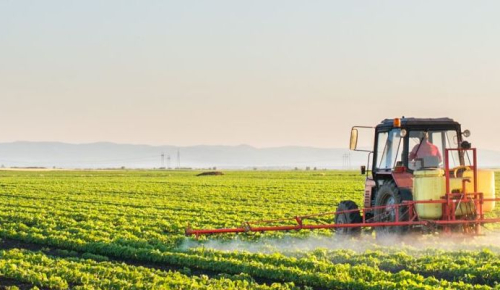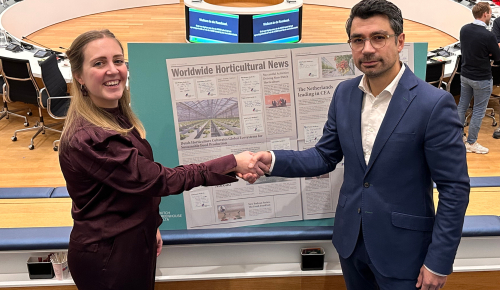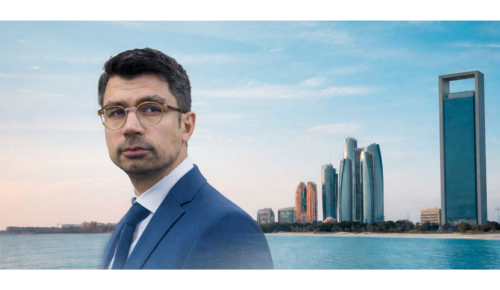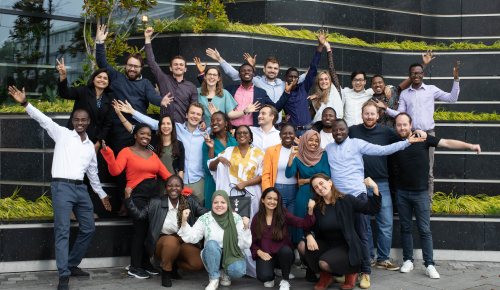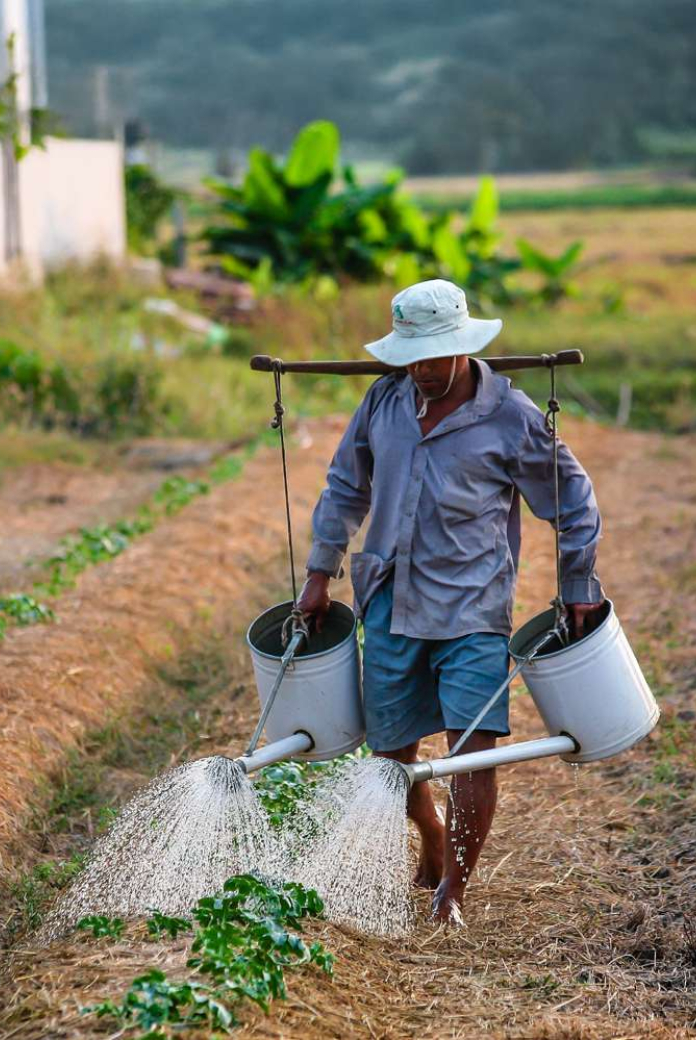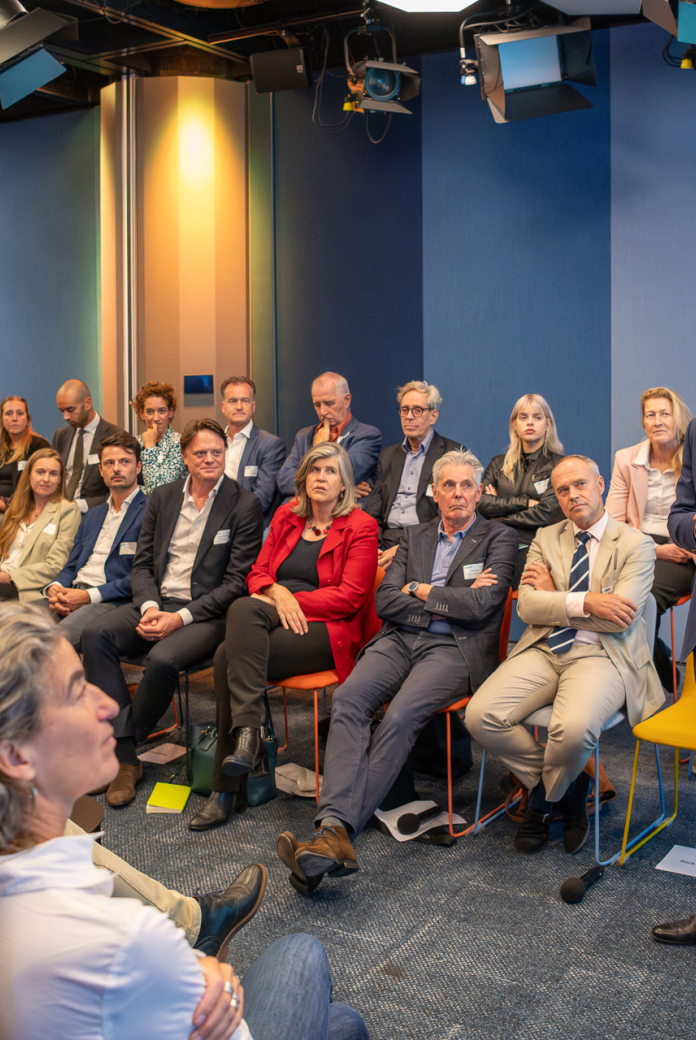Impact story
10 January 2024Fine resolution seasonal climate forecasts to avoid crop failure in Bangka
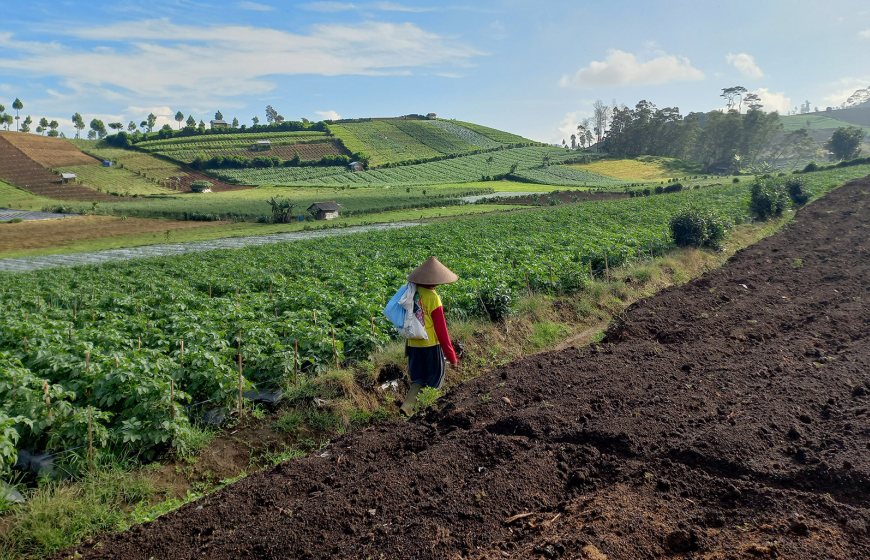
A business case on implementing downscaled climate forecasts for agricultural use in Bangka, Indonesia, delivers seasonal forecasts that predict whether the upcoming season will be wetter or drier than normal. Farmers can use this information to choose crops and avoid crop failure.
The case was developed by a Dutch consortium consisting of Nelen & Schuurmans and Verstegen Spices & Sauces under the Water for Food Programme – an initiative of the Netherlands Water Partnership (NWP) financed by the Dutch Ministry of Agriculture, Nature, and Food Quality.
Food security and water efficiency
The farming community in Indonesia faces a unique challenge every year, namely the uncertainty of the season. While weather forecasts can predict rain in the short term, farmers cannot estimate how dry or wet the land will be throughout the season. They draw on their knowledge of previous seasons to choose the crops they plant. However, if the season turns out to be different than expected, they have no resources to mitigate the effects of the change to maintain their crop yields. This means that without information on the forthcoming season, the farming community is at risk of crop failure which brings disastrous consequences.
Given Indonesia's vulnerability to climate-related challenges such as frequent and severe weather events, shifting rainfall patterns, and rising temperatures, two Dutch companies – Nelen & Schuurmans and Verstegen Spices & Sauces – joined forces to develop an information service that gives crop advice based on precipitation forecasts for the coming season. The information service can create greater food security and water efficiency as it advises on the most suitable crops for the coming season.
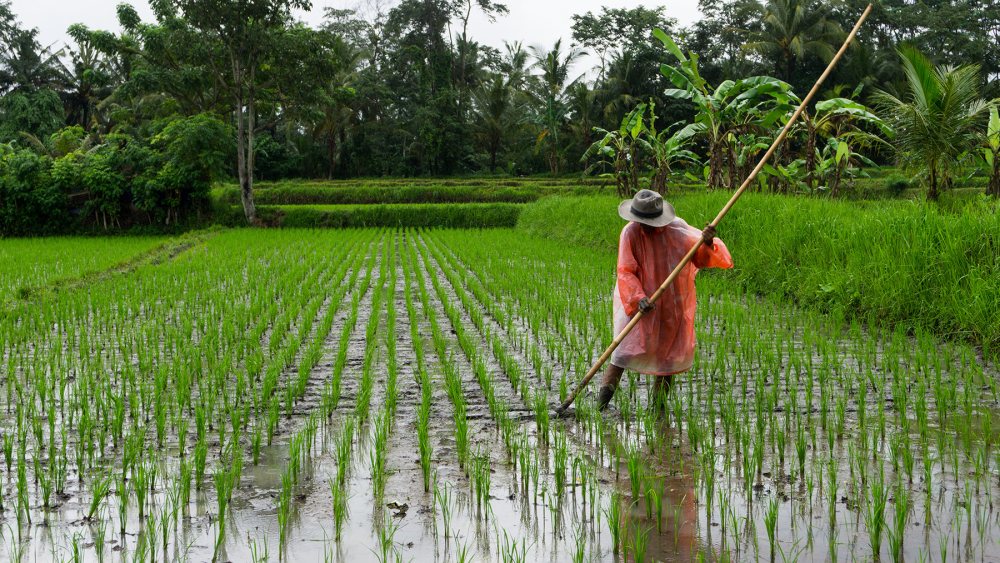
Two-sided product
In developing this innovative technology, the Dutch consortium divided their product into:
- a technical product, consisting of probabilistic forecasts of the likelihood that a season will be wetter, drier or near normal compared to previous seasons; and,
- an information product that interprets the data so that users can directly see the suitability of a selected set of crops to sow in the next season.
Statistical downscaling
Seasonal climate forecasts are available as open-source data, but they are usually at a coarse scale. To translate spatially coarse data to finer resolution data, the consortium partners applied a statistical downscaling technique which establishes a relationship between historical General Circulation Model (GCM) data and either observations or a Regional Climate Model (RCM), and subsequently uses this relationship on GCM forecast data to obtain higher spatial resolution forecasts.
Linear methods were used in the statistical downscaling, as they try to find a relationship between a GCM hindcast and higher resolution regional data over the same period. This relationship is applied to a GCM forecast to obtain a downscaled forecast.
Kizjè Marif, a consultant at Nelen & Schuurmans, explains that “the deterministic downscaled precipitation forecast was deemed too uncertain, leading to the adoption of a probabilistic approach as the technical product. This forecast assesses the likelihood of the upcoming season being drier, wetter, or within a normal range compared to previous seasons at a high spatial resolution.” She goes on to explain that “examining the Pearson and Spearman correlation coefficients revealed a strong relationship between the Global Climate Model (GCM) and Regional Climate Model (RCM), particularly for the Bangka region. This robust correlation signifies the suitability of the input data in establishing a meaningful connection. Furthermore, the model demonstrated high true positive rates for predicting both drier and wetter than normal seasons. This suggests its effectiveness within the specified study area and timeframe.”
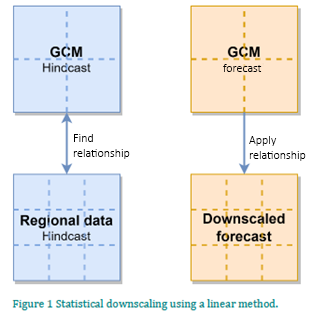
The model demonstrated high true positive rates for predicting both drier and wetter than normal seasons. This suggests its effectiveness within the specified study area and timeframe.
Kizjè Marif
Consultant at Nelen & Schuurmans
Business development & user engagement
Various activities were undertaken under the Water for Food Programme to develop and test a business case for implementing downscaled climate forecasts for agricultural use. These activities were conducted in parallel with the technical development of the product and can be divided into three main tracks.
- Preliminary market analysis to identify potential customers.
- Product development, including a first round of meetings to gauge their interest in a probabilistic forecast service and its potential applications for their operations; and, further presentations on the practical usability of the climate forecast data, showcasing how it could be integrated in their operational systems.
- Product implementation building on the feedback and information gathered.
This customer-centric approach matched the consortium partners’ commitment to create a solution that is seamlessly aligned with the needs and preferences of potential customers.
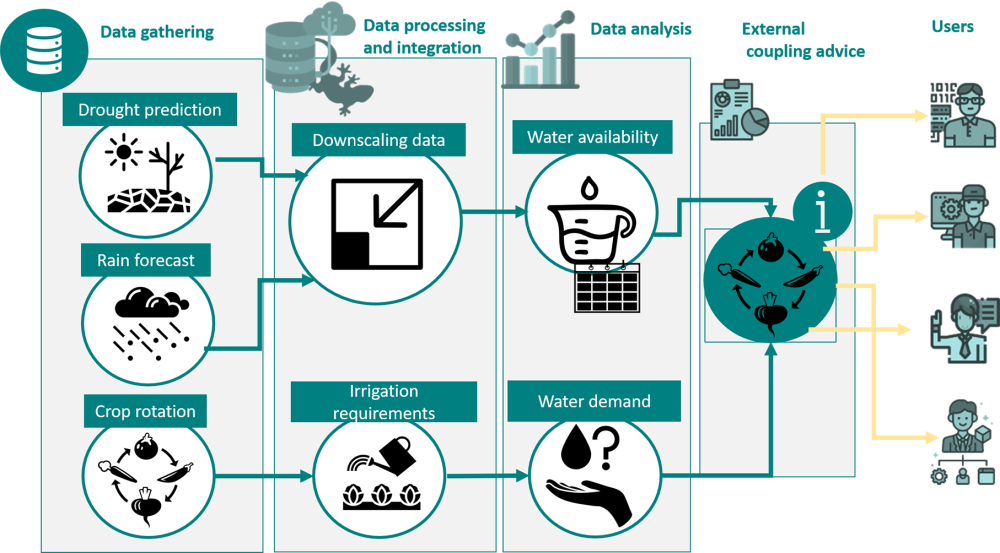
Key outcomes
Several key outcomes emerged during the project. Verstegen Spices & Sauces and Fairfood, a non-profit organisation dedicated to enhancing the traceability of agricultural products with the goal of improving the livelihoods of farmers, expressed a keen interest in expanding the product's reach beyond the initial development phase. They hope to look into how to present the climate information to farmers in other countries as well, which suggests a potential global expansion strategy. In addition, and in response to the financial challenges and the desire for further product development, the project team expressed its intent to establish a consortium through which to actively seek funds and grants that can support the ongoing development and expansion of the product.
Further, discussions and negotiations with one of the potential partners identified, East West Seed Indonesia (EWINDO), during the project led to a significant milestone — a formal three year contract agreement with Nelen & Schuurmans. One of the key components of this contract revolves around the integration of climate data and related information services into EWINDO's Sipindo app. The contract demonstrates the substantial business potential of digital services for agribusinesses and highlights the mutual dedication to delivering valuable insights and support to agribusinesses and farmers alike.
Marif says that “this agreement marks a significant milestone for Nelen & Schuurmans. It is crucial to recognise that EWINDO acknowledges the substantial benefits of data and geodata based information. The primary objective of the Sipindo app is to provide robust support to farmers. We aspire to innovate by developing new services, enhancing existing systems, and demonstrating the inherent value of these types of services and collaborative agreements to other agribusinesses. This becomes even more pertinent given the escalating impact of weather and climate change on the agricultural sector.”
Future steps
One direct result of the discussions and technical outcomes is that Nelen & Schuurmans and Verstegen Spices & Sauces have outlined several future steps in conjunction with Fairfood and EWINDO. These include the following steps.
- Further develop use cases based on the gathered feedback to ensure that the final product aligns closely with the needs of current partners.
- Engage with change makers to solicit their insights on how the data should be presented to ensure it meets the specific requirements of those driving change in the field.
- Apply for grants for the implementation and operationalisation phases to scale results effectively.
The Water for Food Programme
The Water for Food Programme strives to increase global food security by catalysing the development of water-related business cases in the agrifood sector, leading to improved efficiency of water management in agriculture. The cross-sectoral approach and the focus on financially viable local business cases in the most promising markets are crucial elements of the Programme.
The Dutch Ministry of Agriculture, Nature and Food Quality finances the Programme and NWP operates as its neutral coordinator and facilitator, focusing on its goals and executing its various components.
In Marif’s words, “with valuable support from NWP, the Water for Food Programme played a crucial role in kickstarting the development of our product. The Programme’s financial backing and neutral coordination were instrumental in enabling us to initiate and develop the product. Being part of the Water for Food Programme has been vital to our ability to bring our goals to fruition. We greatly appreciate the support that we have received, and we would strongly encourage others to consider following in Nelen & Schuurmans' footsteps by taking part in this impactful Programme."
Being part of the Water for Food Programme has been vital to our ability to bring our goals to fruition. We greatly appreciate the support that we have received, and we would strongly encourage others to consider following in Nelen & Schuurmans' footsteps by taking part in this impactful Programme.
Kizjè Marif
Consultant at Nelen & Schuurmans
